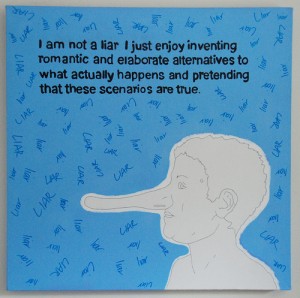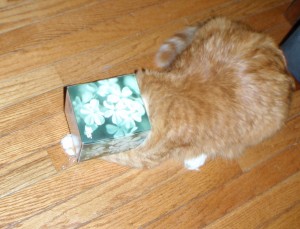I have finally made the tough decision to rewrite my entire WIP. I’ll still keep some of the same characters and the same general concept, but it just isn’t working. Coming to this decision was not easy, but you can only do so many edits to a piece of writing. Sometimes you need to just take what you’ve got and toss most of it out the window.
Have you had to do that? When you make that decision, is it something you just feel, or do you give yourself a certain number of editing rounds/time limit before coming to this decision?









